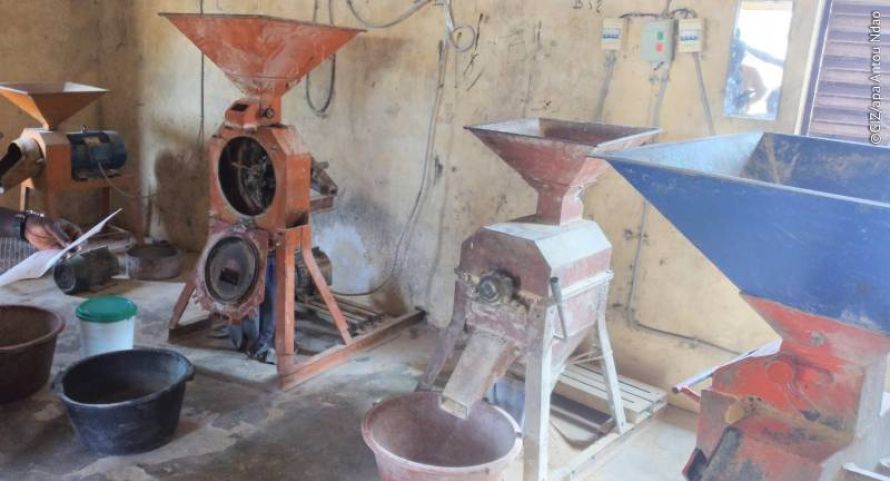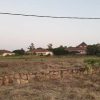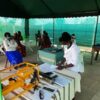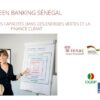GBE Senegal und LVIA support 600 women

Solar energy supports six women’s groups to upgrade their grain processing sites. GBE and LVIA support the development of profitable farms through training and coaching.
In the Thiès region, grain and vegetable farming is one of the main economic activities. However, a lack of possibilities for preservation or further processing quickly makes large parts perish. But even if further processing were possible on site, this is uneconomical in rural regions that are not or only partially connected to the national power grid due to high diesel costs. Existing processing facilities, such as those in the communities of Koul and Merina Dakhar, are therefore underutilised and mills and husking machines are operated economically. A positive economic development is not possible even in perspective, as high production costs counteract the profits from the sale of maize flour or, for example, rice.
This situation must be remedied, the processing centres must be upgraded and the women’s groups must be enabled to work economically. This is why GBE Senegal, together with the Italian non-profit organisation LVIA, is supporting the ESPERE project “Solar Energy for the Social and Economic Empowerment of Women in the Communities of Koul and Merina Dakhar”: PV systems for the processing centres, solar-powered mills and husking machines instead of the use of diesel everywhere, as well as training and coaching of the responsible women’s groups in the preparation of business plans – these are the guidelines of the project until August 2022.
The special focus of the German-Italian cooperation on women’s groups strengthens their economic and social position in order to increase and stabilise their income. In addition, the project will equip six schools and three health centres with PV systems, benefiting a large proportion of the local population. ESPERE thus supports approximately 600 women directly and over 12,000 people indirectly.





